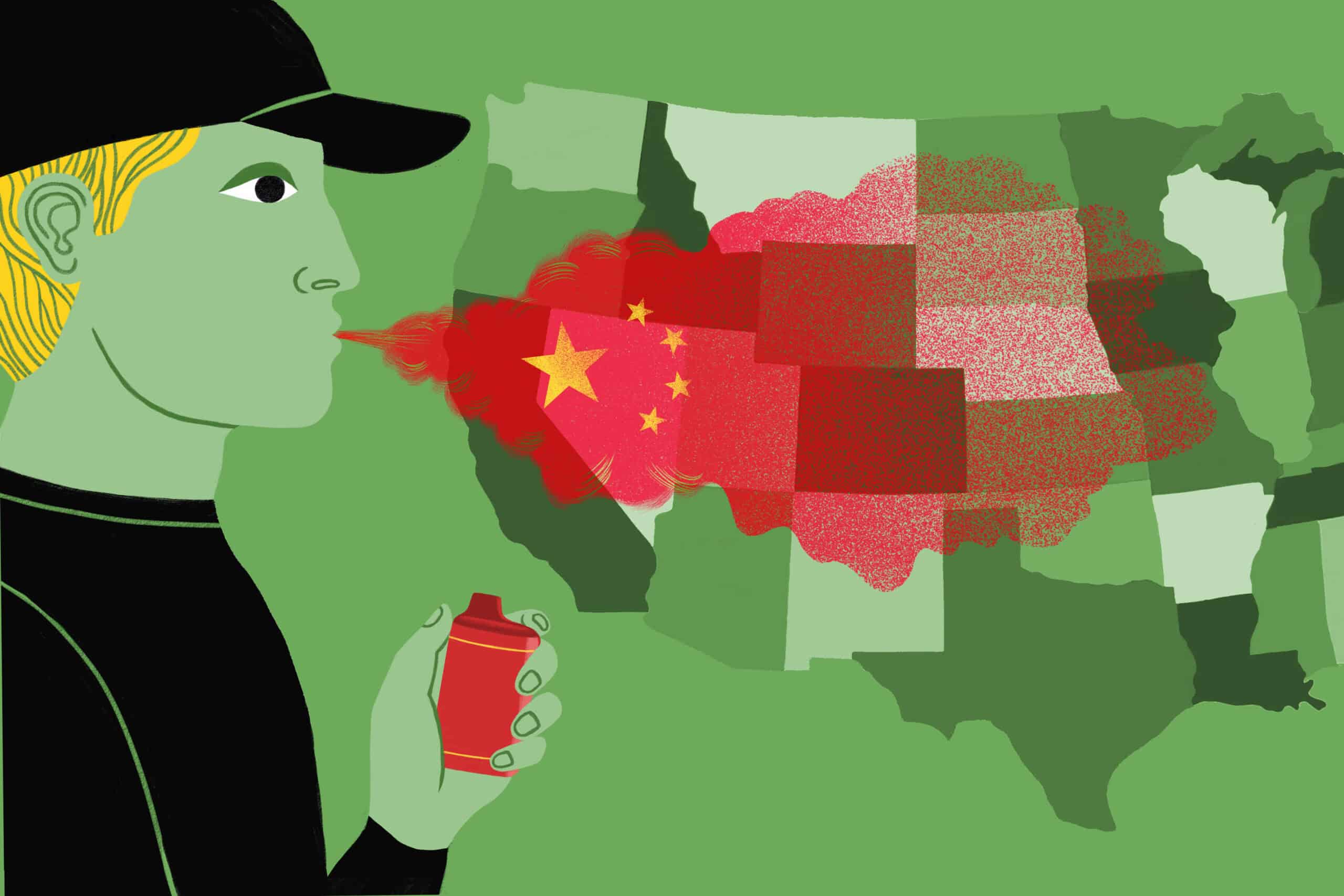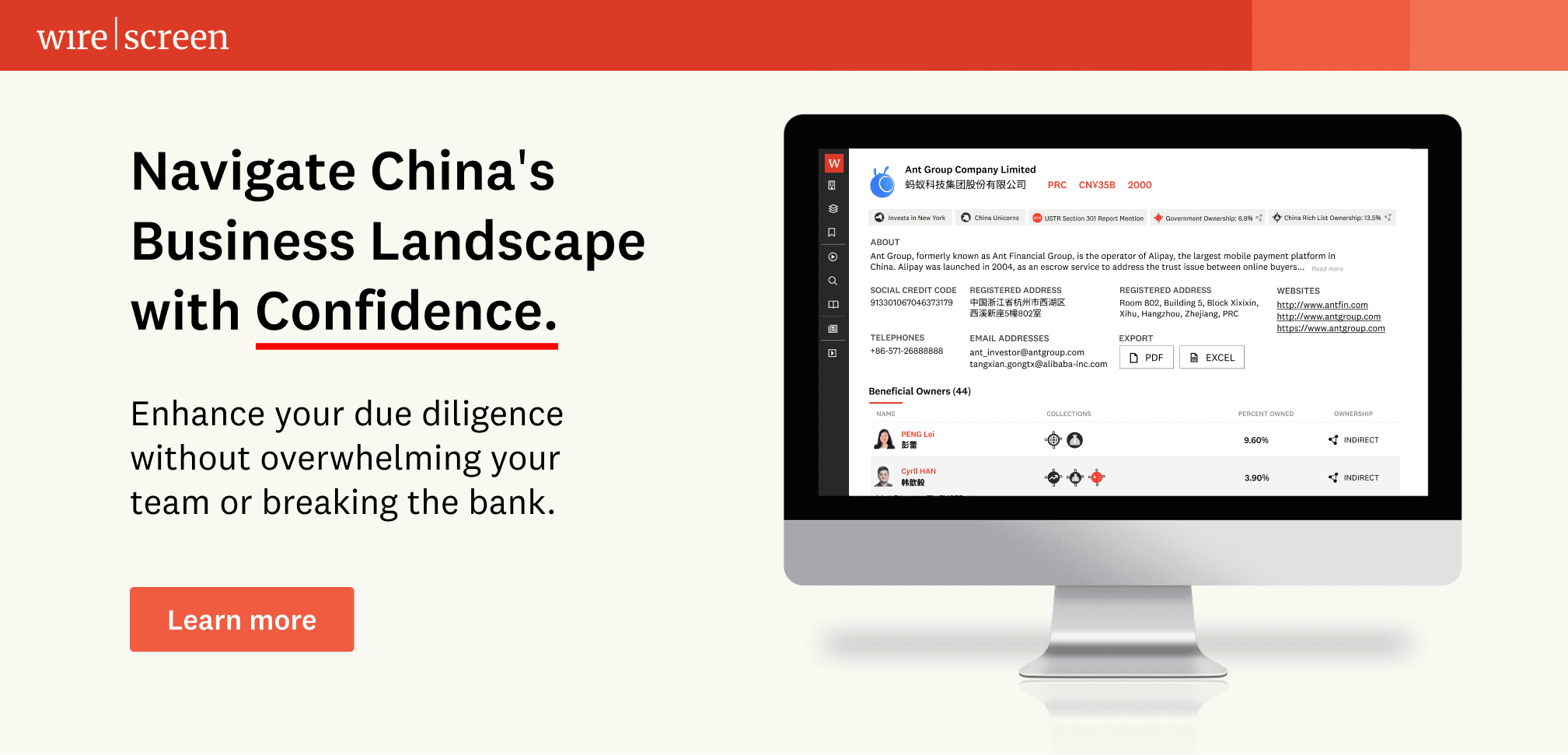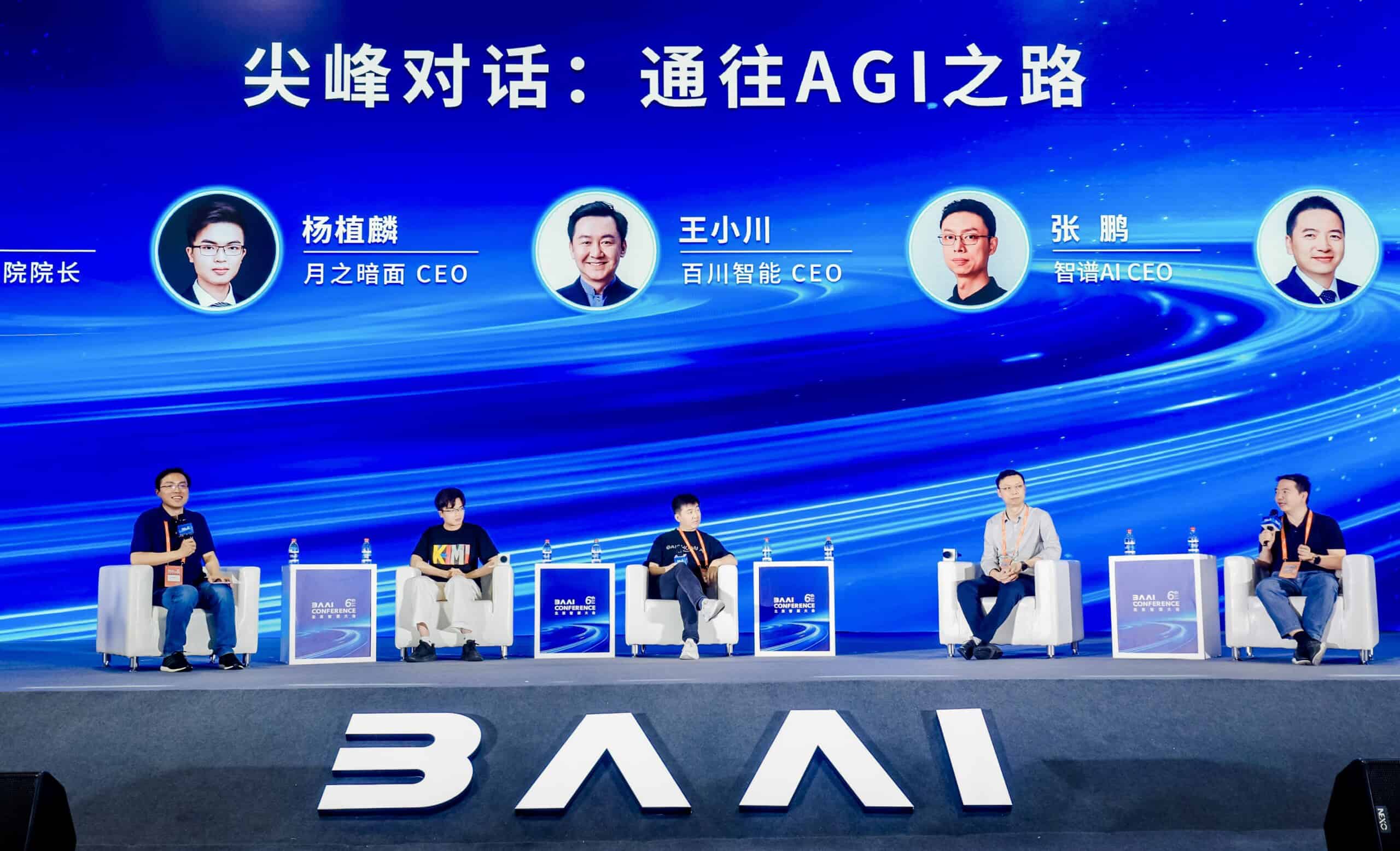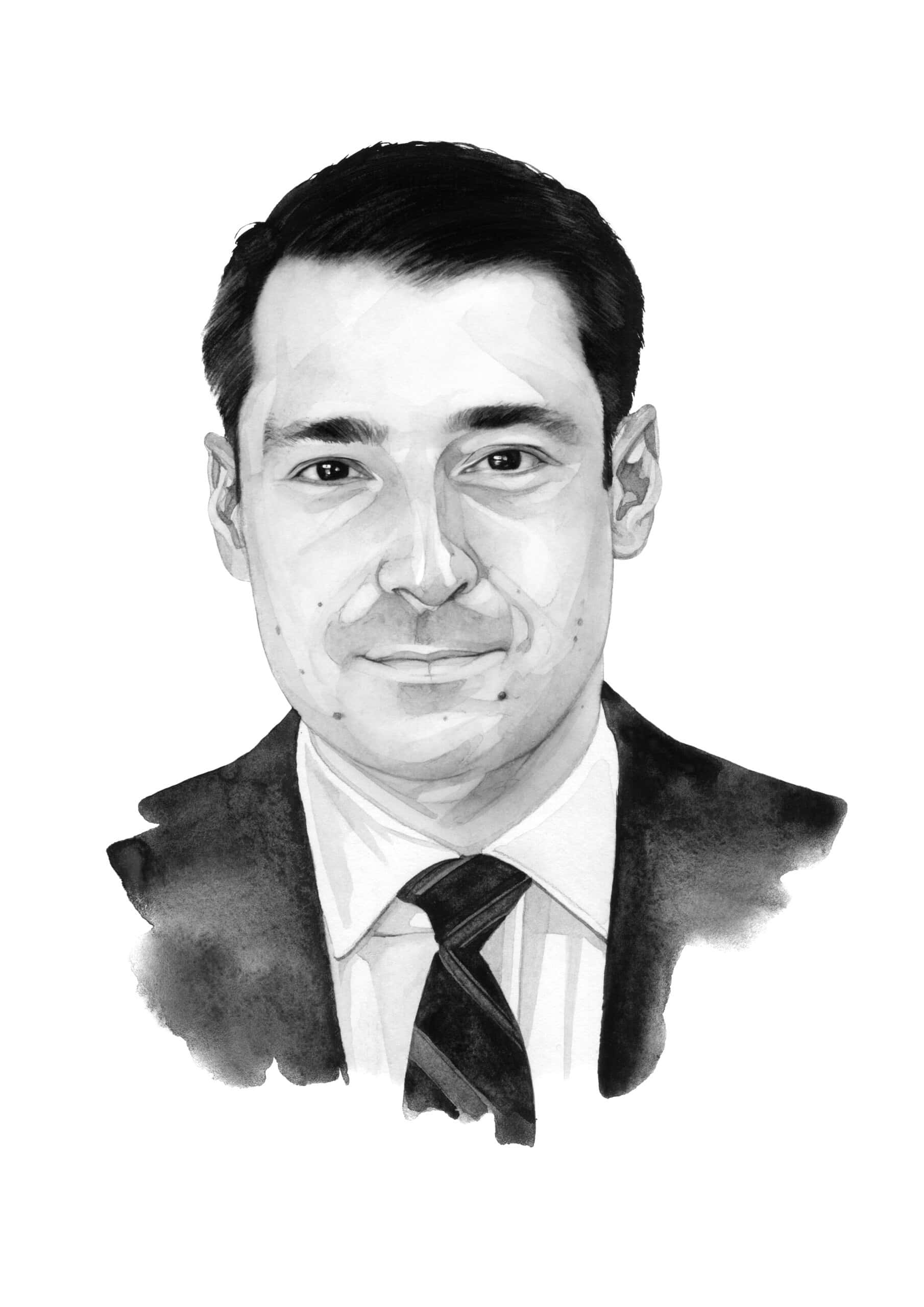Good evening. For U.S. trade protectionists the short history of the vaping industry has been an all too familiar story: Chinese firms copy and improve upon a successful American product until U.S. companies are eventually pushed out of their own market. While regulators in Beijing simply banned e-cigarettes to protect their lucrative state tobacco monopoly, in the U.S. federal and state regulators are struggling to craft regulations that strike a balance between the interests of American vape companies and public health concerns. This week’s cover story assesses the much more open and patchwork regulatory approach in the U.S. that critics allege has created loopholes Chinese competitors quickly exploit as they consolidate their hold on the market.
Elsewhere we have an infographic spread on the mega China IPO that Wall Street loves and Capitol Hill hates, an interview with star China banking analyst Jason Bedford, a report on the consequences of a Beijing AI institute’s blacklisting by the Trump administration, and a Dennis Kwok and Sam Goodman op-ed on why President Xi Jinping should think twice before sinking Li Ka-shing’s controversial global ports deal. If you’re not already a paid subscriber to The Wire, please sign up here.
Want this emailed directly to your inbox? Sign up to receive our free newsletter.

The Vapor Trail
Is there any way San Francisco-based Juul and other U.S. vape manufacturers can hold off an influx of Chinese competitors, who exported $3 billion worth of vape products to the U.S. last year? Grady McGregor assesses their chances.

The Big Picture: Wall Street’s CATL Dilemma
Every big U.S. investment bank wanted a piece of Chinese battery giant CATL’s planned $5 billion IPO in Hong Kong. U.S. politicians are not as excited about it, writes Noah Berman. A House committee wants J.P. Morgan and Bank of America to explain their work for a company that the Pentagon won’t be able to do business with in future because of its alleged ties to the Chinese military. CATL is protesting its inclusion on a proscribed list of “Chinese Military Companies”.

A Q&A with Jason Bedford

Jason Bedford is a well known China banks analyst, who first began auditing Chinese financial institutions for KPMG’s Beijing office in the mid-2000s. It is a daunting specialty. While China’s GDP is only about half the size of America’s, its banking sector is three times larger. Bedford later joined UBS before moving to Bridgewater in 2019 and is also an expert on the trust sector and other “shadow banking” areas. In a conversation with Paddy Stephens, he says that there is a treasure trove of data on China’s supposedly opaque financial sector — if you know where to look for it. The key is to start at the bottom and work up. And he has a favourite bank in Zhejiang province that you have probably never heard of, but beware Liaoning lenders.
Jason Bedford
Illustration by Lauren Crow

Freezing China Out of Setting the Rules for AI
Eliot Chen reports on how the Trump Administration’s blacklisting of a Beijing research institute will limit cooperation with China on international AI safety talks.

Beijing’s Port Predicament
In this week’s op-ed, Dennis Kwok and Sam Goodman write that the row over Hong Kong billionaire Li Ka-shing’s bid to sell his global ports network sends a harmful message about corporate independence — or lack thereof — in the territory.
Subscribe today for unlimited access, starting at only $19 a month.



